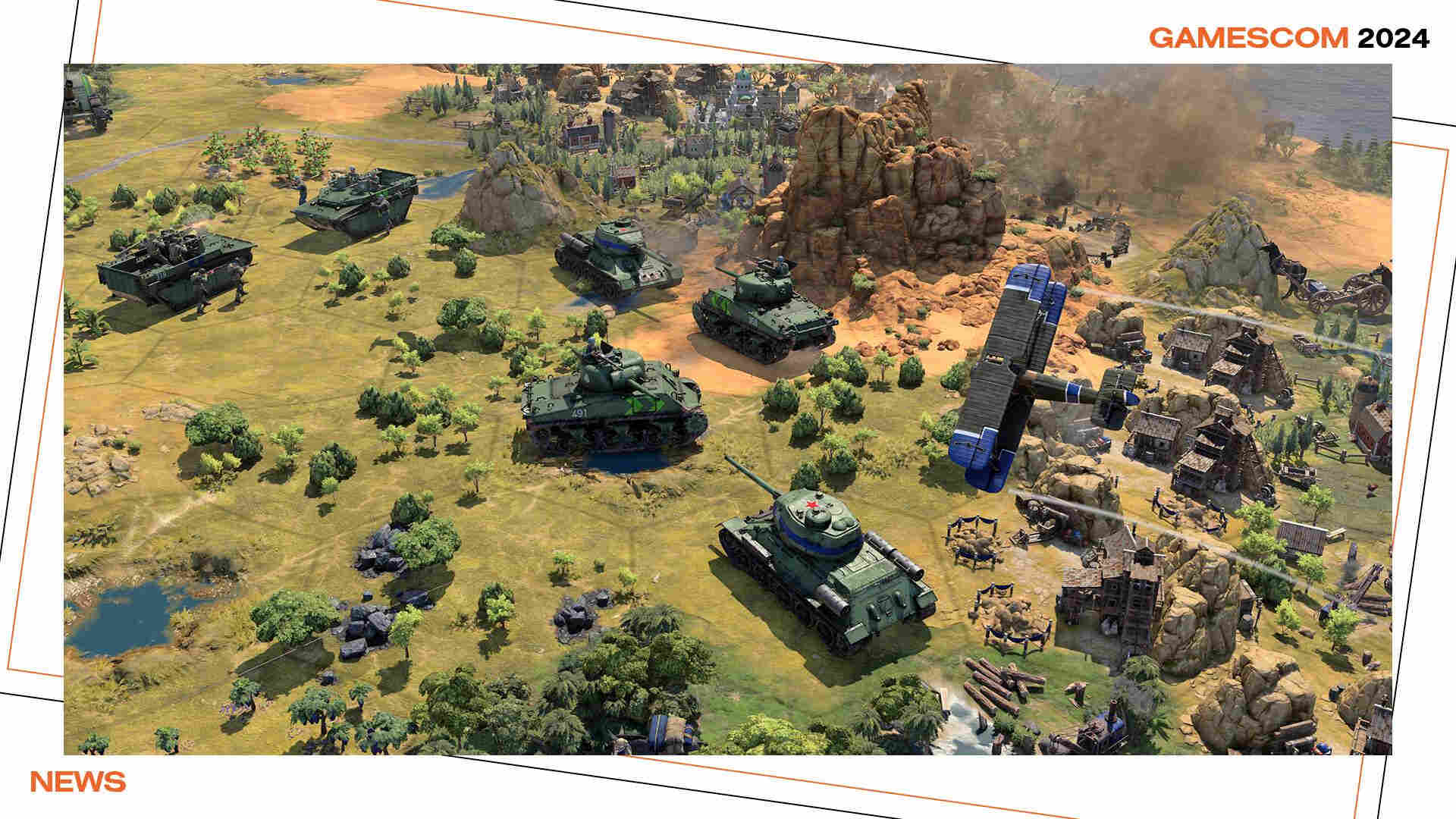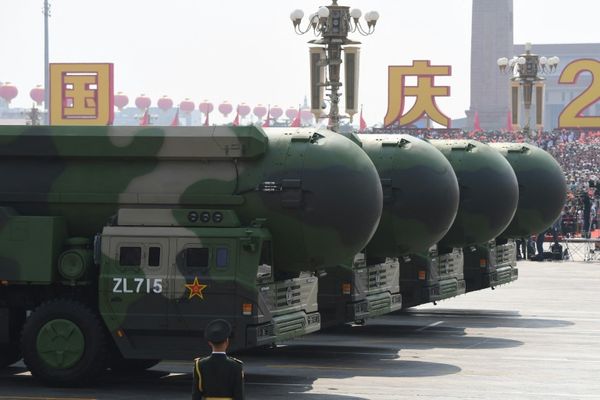
Civilization 7's Ages will let players "change the path of your own history" as the game goes on.
In an interview with the Future Games Show, Firaxis executive producer Dennis Shirk explained how Ages would work in Civilization 7, saying that "one of the coolest new additions with Ages is the way that you have new cultures emerging, based on how you play."
Shirk gives the example of a player using 8th-century Chinese philosopher Confucius as their leader; "If I'm playing Confucius, I've already unlocked a couple of different Civilization options that I get to merge into," Shirk explained. "But depending on how I play - if I'm playing mountainous territory, if I'm playing with things that trigger unlocks for other civilizations - I can change the path of my own history" at the end of each age.
"When you get to the end of an age, based on how you've played, based on the civ you've chosen, that determines the next cultures that are available to you to merge as you go into the next age," Shirk added. The end result is "a really cool growth mechanic that has you evolving and steering your culture as you go time." Eventually, when you reach the end of the third, 'Modern' Age, you should have a "truly multicultural empire."
Of course, when you get to the end of that Modern Age, you'll also have to contend with Civilization 7's "sudden death" system. Designed to keep players who might be lagging behind invested in seeing the game through to its conclusion, Sudden Death should allow anyone to make a bid for the title, clutching victory from the jaws of defeat. Firaxis hasn't revealed much about how that system has worked, but as we learn more about Ages, hopefully Sudden Death will start to take shape too.







